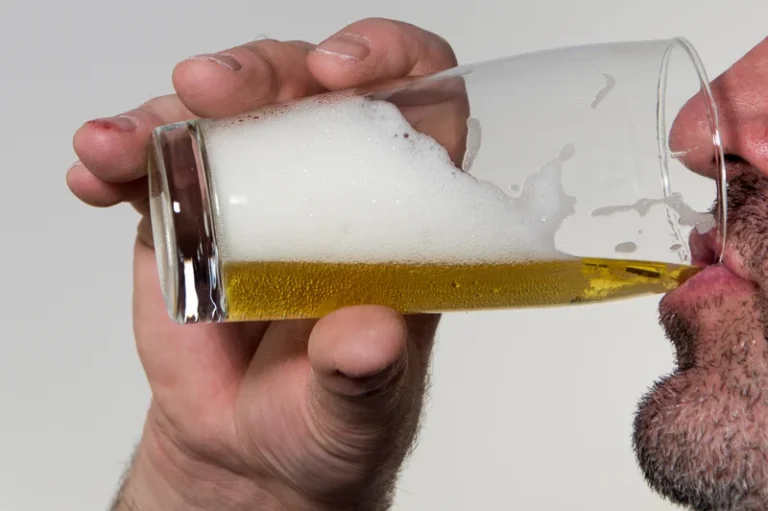Alcohol Intolerance: Symptoms, Tests & Alcohol Allergy

That’s why it is so important that you learn the differences before you drink alcohol. For example, maybe you get a slightly stuffy nose when you drink alcohol. But if your nose, mouth, and throat swell up to the point it becomes difficult to breathe, it is more likely an allergic reaction to the alcohol consumption. The truth is if you’re allergic to alcohol you shouldn’t be drinking it.
Microplastics in Alcohol: A Hidden Risk for ALDH2 Deficient Drinkers
- Having an alcohol intolerance is much more common than an allergy.
- Alcohol intolerance doesn’t mean you become drunk faster or after drinking less alcohol.
Possible alternatives to wine and grape-based spirits include Japanese plum wine, which has an appealingly sweet taste. A group of sulfur-containing compounds known as sulfites occurs naturally in wine and beer. Some vintners add more sulfites to wines because they act as preservatives.

What Can I Do To Help With Alcohol Allergy or Alcohol Intolerance Symptoms?
Nearly 1.2 percent of adults in the United States are allergic to wheat. Often, people who are allergic to wheat are also allergic to barley, though that’s not always the case. Barley is typically considered safe for those with wheat allergies. Yes, alcohol allergies can develop at any age, even if you have previously consumed alcohol without any problems. Changes in the immune system or repeated exposure to certain allergens can trigger this. These tests help determine whether your symptoms are due to an alcohol allergy, alcohol intolerance, or another underlying condition.

Go on then, enjoy a delicious glass of gin

Depending on your symptoms, they might refer you to an allergist for testing and treatment. An allergist is a special type of doctor that focuses on allergic conditions. If you have an allergy, your immune system https://ecosoberhouse.com/ over-reacts to contact with a trigger or “allergen.” If you have an alcohol allergy, your immune system treats alcohol as a threat. It responds to alcohol by producing antibodies known as immunoglobulin E (IgE). If left untreated, an allergic reaction can quickly become worse.

There is nothing you can do to prevent reactions to alcohol or to ingredients in alcoholic beverages, according to the Healthline website. The only way to avoid a reaction, is to avoid alcohol altogether, or at least the particular substance that causes your reaction. On the other hand, symptoms of alcohol intolerance are similar but far less severe. Rather than severe trouble breathing, you may experience some wheezing instead.

There are various signs that point to a potential alcohol allergy and those that indicate an intolerance instead. Here are 5 of the most common symptoms of both, so next time you’re enjoying a glass, jug or pint, you can keep them in mind. If you find out that you’re allergic to one ingredient, you might still be able to enjoy beer. With allergic to whiskey a little research and careful label reading, you may be able to find beer that doesn’t contain that particular allergen. You’ll also want to avoid all other products made with that ingredient.
